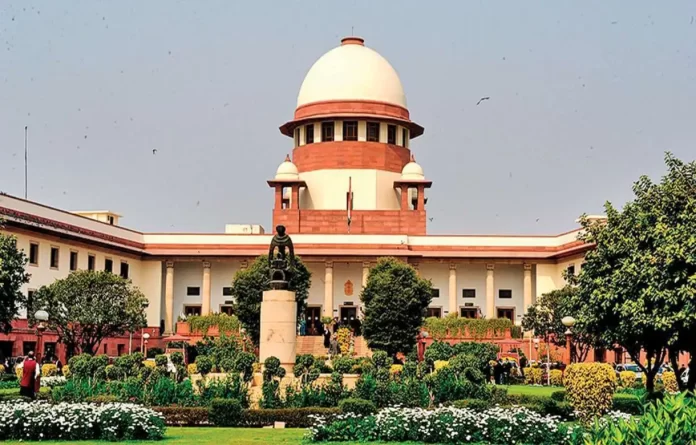The Supreme Court recently granted bail to a man who spent 10 years in custody without conclusion of trial. After hearing from the Public Prosecutor, the court directed that the man shall be produced before the trial court within 1 week and to be discharged on appropriate terms and conditions.
The bench comprising Justice Abhay S Oka and Justice Ujjal Bhuyan passed the order considering that the man (appellant) had undergone 10 years of incarceration, while witnesses remained to be examined. During the hearing, the Public Prosecutor informed the court that 6 more official witnesses were sought to be examined.
Disappointed with the submission, Justice Oka asked the counsel in 10 years how many witnesses have been examined. To this, the state counsel replied 21.
After the hearing, the court ordered that the appellant has undergone incarceration for a period of over 10 years. It added that the counsel appearing for the State, on the basis of instructions from the Public Prosecutor, states that the State wants to examine 6 more official witnesses. It continued that the way trial has progressed and repeatedly the High Court has granted extension of time and in the facts of the case, the bench found that now incarceration of the appellant cannot continue.
After granting bail, the court clarified that the appellant’s counsel shall fully cooperate with the trial court for early disposal of the case. Furthermore, a statement of the appellant’s counsel before the trial court was recorded to the effect that no dilatory tactics will be employed. The court also mentioned that if the appellant does not cooperate in early disposal of the case, it shall be open for the State to apply for cancellation of bail.
The man was taken into custody in 2014. Initially, he filed a bail application before the Special Court, but the same was rejected in 2018. Subsequently, he moved the Bombay High Court with a bail plea, but the same was also disposed of, ruling that the trial Judge complete trial within 6 months, and that the trial Judge give periodical report to the High Court Registry every 3 weeks until conclusion of trial. Aggrieved by the verdict, the appellant moved the top Court.


